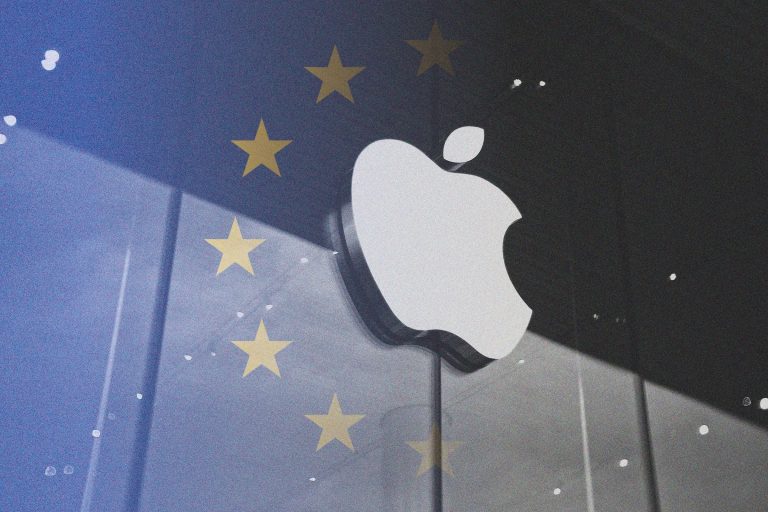
Apple Inc. is preparing to submit a new proposal to European Union antitrust regulators by June 26, to avert further penalties and legal action over its controversial App Store practices.
This comes just months after the iPhone maker was fined €500 million by the EU for violating provisions of the bloc’s strict Digital Markets Act (DMA), which aims to curtail the dominance of major tech “gatekeepers.”
According to sources familiar with the matter, who spoke to Bloomberg, Apple’s new plan will make it easier for third-party developers to direct users away from the App Store to make purchases—a move long demanded by competitors who accuse Apple of stifling innovation and charging excessive commissions. The EU is particularly focused on Apple’s long-standing “anti-steering” rules, which previously prevented developers from informing users about cheaper subscription options available outside Apple’s platform.
Register for Tekedia Mini-MBA edition 19 (Feb 9 – May 2, 2026).
Register for Tekedia AI in Business Masterclass.
Join Tekedia Capital Syndicate and co-invest in great global startups.
Register for Tekedia AI Lab.
The expected concessions follow weeks of high-level discussions between Apple and the European Commission, which was reportedly preparing a formal charge sheet if the company failed to meet the deadline. While both Apple and the Commission have declined public comment on the ongoing talks, the proposed changes are seen as Apple’s attempt to forestall deeper legal entanglements or harsher penalties under the DMA.
In April, alongside Apple’s €500 million fine, Meta was also penalized €200 million for offering Facebook and Instagram users a binary “pay or consent” model that was deemed non-compliant with EU data protection and competition rules.
Apple has indicated it will appeal the decision, accusing EU regulators of forcing it to “give away its intellectual property” and unfairly targeting the company while exempting others.
Global Regulatory Pressure
This latest development adds to Apple’s mounting regulatory troubles across both sides of the Atlantic. In the U.S., the company is still battling the fallout from its legal fight with Epic Games, which began in 2020 when Epic deliberately broke Apple’s App Store payment rules by adding a direct payment system to its game Fortnite. Apple promptly banned Fortnite from the App Store, triggering a lawsuit.
While a U.S. court largely sided with Apple on most issues, it did rule that Apple must allow developers to point users to external payment methods. That ruling has since been appealed multiple times, and a separate case brought by the U.S. Department of Justice over broader antitrust concerns is still ongoing.
The Fortnite case has become a flashpoint in the broader global debate over how digital marketplaces are governed—and whether dominant players like Apple should continue to set the terms for developers who rely on their platforms to reach users.
In Europe, Apple has been targeted by several high-profile enforcement actions, including a €1.8 billion fine last year for allegedly shutting out music-streaming rivals. Regulators say Apple’s ecosystem leaves little room for competitors to thrive, with its control over in-app payments and user data giving it an unfair advantage.
Under the Digital Markets Act, which came into full effect this year, companies designated as gatekeepers face not only financial penalties of up to 10% of global annual revenue but also the threat of structural remedies—such as breaking up parts of their business—if they fail to comply.
So far, the EU has already forced changes out of Amazon’s marketplace and is pressuring Microsoft over the bundling of Teams with its Office software. Google is under investigation for its advertising technology stack, and regulators say a forced divestiture remains a real possibility.
What’s at Stake for Apple?
For Apple, the looming deadline is critical. Failure to comply with the DMA could result in additional fines and even stricter oversight. But more broadly, the company is being forced to reassess a central pillar of its business model: the App Store’s commission-based structure, which generates billions annually from developer fees and in-app purchases.
Analysts say Apple’s response could set the tone for future interactions with global regulators—and potentially reshape how digital platforms operate across major markets.
Whether these latest concessions will be enough to satisfy the European Commission remains unclear, but with the bloc increasingly assertive and other jurisdictions watching closely, Apple’s regulatory tightrope is only growing more precarious.



